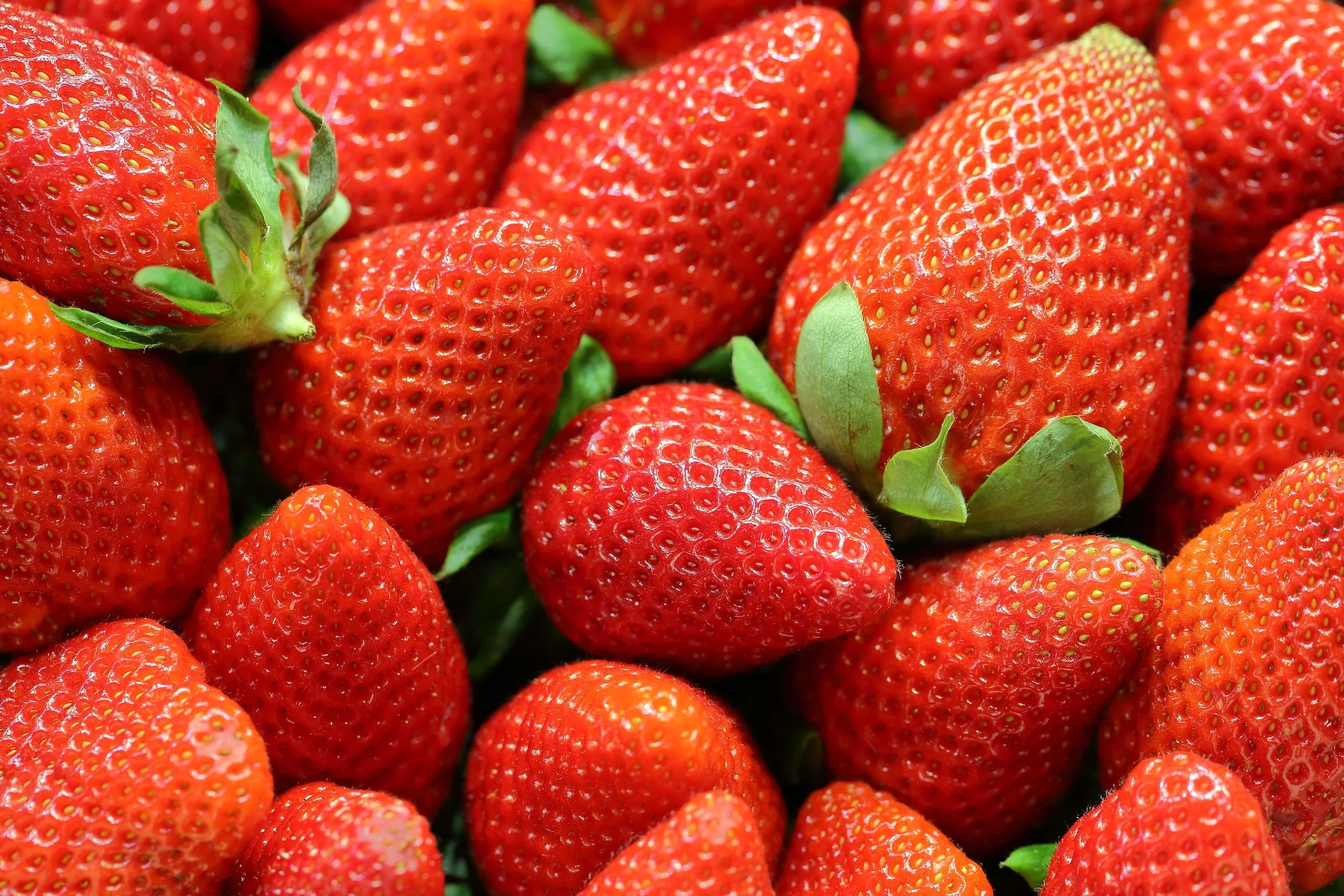VOLUME 7 - 2014-2015 - ISSUE 2
7 Ky. J. Equine, Agric. & Nat. Resources L. 255 (2015).
A PRACTITIONER'S GUIDE TO DEFENDING "NATURAL" FOOD LABELING LITIGATION
Article Written By: Lauren E. Handel
One of the most active areas of class action litigation involves consumer class actions based on allegedly deceptive labeling and advertising of food products. Hundreds of such cases have been filed, 2 and new cases are being filed all the time. Most of the cases claim that manufacturers falsely and misleadingly labeled their products as "natural" despite allegedly containing artificial or highly processed ingredients or ingredients derived from genetically modified organisms ("GMOs"). Plaintiffs filed at least 100 such "natural" labeling cases between 2011 and 2013.
The litigation appears to have impacted industry. For example, in response to threatened lawsuits from the Center for Science in the Public Interest ("CSPI"), Cadburry-Schweppes dropped the "natural" label from its 7UP beverages. Likewise, Kraft dropped the "natural" claim from its Capri Sun drinks and Nestle agreed to remove such claims from Edy's/Dreyer's ice creams after CSPI filed suit.s Additionally, because of several lawsuits, Snapple no longer uses the "natural" claim on products containing high fructose corn syrup. Perhaps because of the litigation risk,the percentage of new food products introduced in the US making "natural" claims decreased from thirty-three percent in 2007 to twenty-two percent as of July 2014. Increasingly, manufacturers are replacing "natural" labels with "simple," "wholesome," "pure," "fresh," or "minimally processed" labels.
As "natural" labeling litigation is relatively new and no cases have yet gone to trial, it is unknown whether this type of litigation ultimately will prove fruitful for plaintiffs. However, given that new cases continue to be filed and that plaintiffs have obtained multi-million dollar settlements, it appears that the wave of "natural" claims litigation will not quickly come to an end. Therefore, food manufacturers and their attorneys are well advised to understand the regulatory background, claims, and defenses at issue in "natural" labeling cases. This article addresses those issues. It is intended to be a resource for defense lawyers and food businesses to help prepare for possible "natural" labeling lawsuits and to minimize the risk of such litigation.

